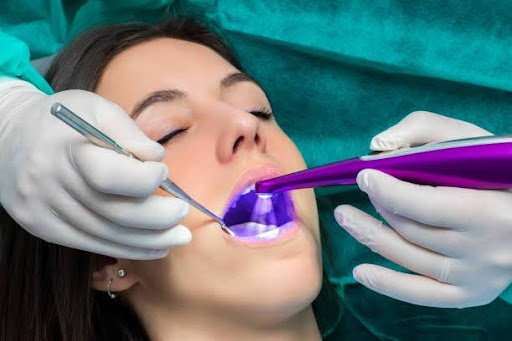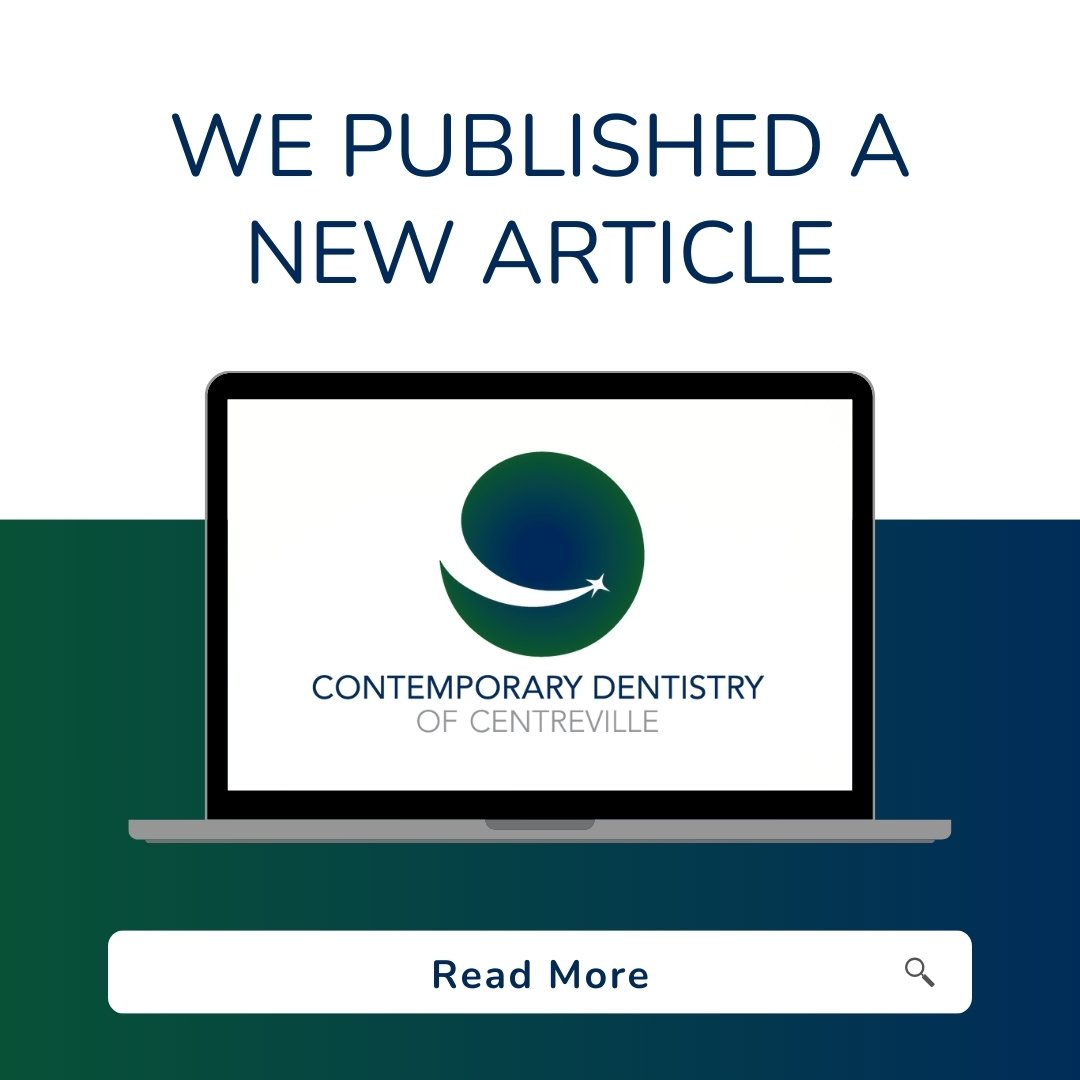
Sealants are often thought of as a treatment for children, but adults can also benefit from them. Sealants are used to protect our teeth by sealing the deep grooves and crevices in the chewing surfaces. According to a study performed by the American Dental Association, using sealants for adults can help prevent cavities from developing on healthy teeth.
What is a sealant?
A dental sealant is a thin, plastic coating that is painted on the chewing surfaces of teeth. Although they do not replace daily brushing and flossing, dental sealants can prevent cavities from forming.
Despite being able to achieve good oral health at home, there are areas of the mouth that are hard to reach, making it more challenging to maintain good oral hygiene. You have grooves on your molars known as “pits” and “fissures.” Because these grooves are so deep, your toothbrush will not be able to clean them out. As a result, they trap food and bacteria, making them more susceptible to decay.
A consultation with your dentist will be able to determine whether or not dental sealants are a viable option for preventing tooth decay. Often, patients are surprised by how quickly and easily sealants can be applied, as shown below.
- The teeth are thoroughly cleaned.
- In the next step, the teeth are dried and etched with a solution that prepares the tooth surface for sealing.
- We then apply the liquid sealant material, which flows directly into your teeth’s grooves.
- A type of ultraviolet light called a curing light is placed on the tooth to harden the sealant material, which seals off the grooves and creates a smoother chewing surface that is easier to clean.
It is not necessary to do anything special to maintain a sealant, and you can brush and floss as usual. However, there are some precautions to keep in mind. Make sure you use a toothbrush with soft bristles and toothpaste containing remineralizing agents like hydroxyapatite. Consumption of foods such as berries, coffee, tea, or red wine can also stain sealants. To reduce the likelihood of staining, it is recommended that you rinse your mouth after eating these foods. Finally, eating sticky, chewy, or hard foods may cause the sealant to wear down. Our dental office will check your sealants at each appointment for any signs of wear.
With proper at-home care and regular professional cleaning, sealants can last up to ten years. Please contact our dental office if you have questions, and we would be happy to schedule an appointment.












